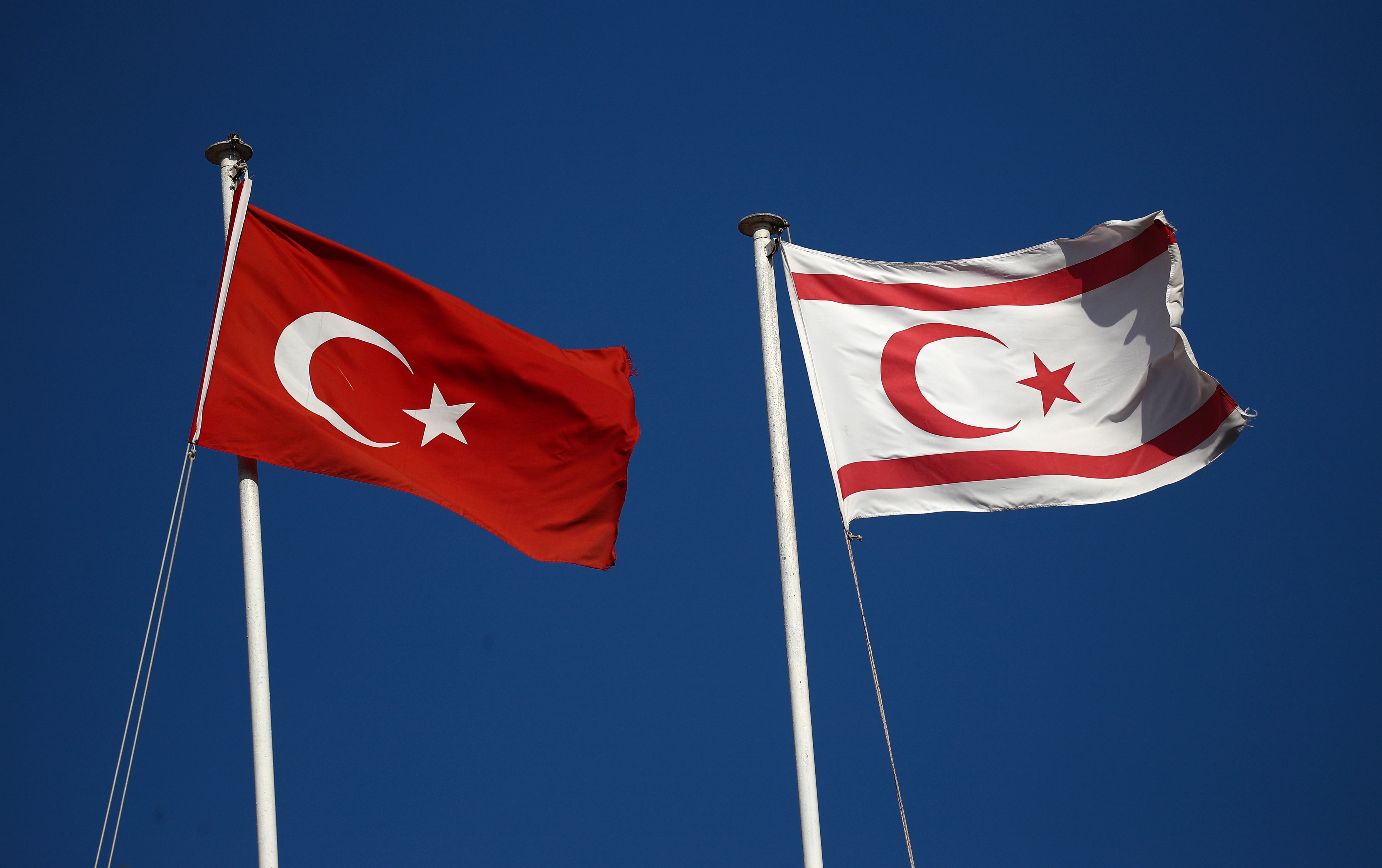Prospects for Unification Talks in Cyprus

The last unification talks in Cyprus—conducted in Switzerland since 2015 by the President of the Republic of Cyprus (RC) Nikos Anastasiadis and Mustafa Akıncı, the leader of the TRNC, a quasi-state recognised only by Turkey—broke down in July 2017. Although the leaders have successfully dealt with many important issues (e.g., citizenship, internal freedoms), they were unable to find compromise on fundamental areas such as separation of powers, security, or guarantees. According to Espen Barth Eide, who participated in the negotiations as the special representative of the UN Secretary-General, the process collapsed due to a lack of trust between the parties, which became apparent in autumn 2016. Most likely, the key issue that contributed to the distrust was the issuance of licenses to foreign companies by the Cypriot authorities in December 2016 to search for mineral resources off the island’s coast. This, in turn, toughened Turkey’s position as TRNC protector, leading to it blocking resource exploration operations, which increased mistrust and undermined Akıncı’s stance in the negotiations. After the July 2017 failure of the talks, they have not resumed. Another reason was the electoral cycle on the island; in January 2018, presidential elections were held in RC in which Anastasiadis won another term, and in April 2020, Turkish Cypriots were to elect their president. The elections, delayed by the pandemic, were held in October, and Ersin Tatar became the new president. This nationalist politician enjoys strong support from the Turkish authorities and is a proponent of two independent states on the island.
The TRNC Elections and Unification
The elections were seen as a plebiscite on the future of unification talks and relations between the quasi-state and Turkey. Akıncı came to power in 2015 promising progress in the negotiations with RC. An important element of his political image was criticism of Turkey, not easy in light of the TRNC’s dependence on it as its protector. Without Turkish support, it would be impossible to maintain Turkish Cypriot quasi-statehood. Turkish financial aid (development and loans) is responsible for 15-20% of TRNC budget revenues each year and its assistance is important in other areas such as the certification of diplomas or air traffic services by Turkish Airlines (TRNC can’t participate in international air traffic). Akıncı argued that despite the nature of bilateral relations, the Turkish authorities should treat the TRNC as an equal. As a consequence, his relations with Turkish politicians, particularly with President Recep Tayyip Erdoğan, were extremely frosty.
The failure of the talks between Akıncı and Anastasiadis in 2017 caused discontent among Turkish Cypriots. Part of the public accused the president of lacking political sense, manifested by him antagonising Turkey despite the lack of certainty that the negotiations would bring a positive result. Tatar has been consistently building his position on the wave of this discontent. Since he became prime minister in May 2018, he repeatedly argued for strong ties between TRNC and Turkey. He also claimed that since the attempts to solve the Cyprus problem within the federal model had once again failed, the time has come to create two independent states on the island. This was in line with the demands of the Turkish authorities, who are increasingly dissatisfied with the deadlock in the negotiations in Cyprus. As a result, in this year’s presidential campaign, Turkey gave strong support to Tatar. Its most spectacular manifestation was the opening of Varosha—a “ghost city” and a symbol of the conflict between the Turks and the Greek Cypriots —announced at a joint conference of Tatar and Erdoğan a few days before the first round of the presidential elections. The support was insufficient to ensure an outright victory for Tatar, but it did help to mobilise his electorate before the second round (according to local media, the personal involvement of Turkish politicians, who were reportedly campaigning on the island for the head of government, also played a role). As a result, Tatar defeated Akıncı by 52% to 48%.
The Future of Reunification Talks
Tatar’s victory was met with strong dissatisfaction in RC. Opinions appeared in local press that the lack of decisive efforts to reach an agreement with the Turkish Cypriots in 2015-2017 was a mistake. The public perception of the new TRNC president may make the Greek Cypriots’ negotiating position more flexible in the event reunification talks resume. Two other factors could also contribute to this. First, Anastasiadis cannot run for another term, which should reduce his susceptibility to public reactions. Second, there are strong fears in RC that an alternative to unification is the annexation of the TRNC by Turkey, and consequently that threat strengthens its influence on the island, which Greek Cypriots perceive as a threat.
Although Tatar is a supporter of the two-state solution, he will most likely return to the reunification talks. However, his negotiating position will be closely coordinated with Turkey and therefore stricter. As a result, it will be more difficult for the parties to reach compromise on key issues, such as the distribution of funds from the extraction of resources or security (around 30,000 Turkish soldiers are stationed in the north of the island—Greek Cypriots want their total withdrawal, and Turkish Cypriots are also inclined to reduce the contingent). Tatar will be more prone to increasing the RC’s costs of delaying agreement. He can do this, for example, by making new investments in the north of the island, implemented jointly with Turkey, which will inflate real estate prices, complicating negotiations on another important element—the exchange of land between communities. It is also certain that until an agreement is reached on the allocation of funds from the production of hydrocarbons, Turkey will hinder their exploration. In the event of disagreements in the negotiations, Tatar will refer to the two-state option even more often, and Turkey will suggest it will take care of expanding the group of countries recognising the TRNC, starting with, for example, Azerbaijan.
Prospects
The return of the leaders of the Cypriot communities to the unification talks will likely take place at the beginning of 2021. As for Greek Cypriots, their willingness to negotiate is primarily indicated by their fears of an alternative in the form of Turkey’s annexation of the TRNC. In the case of Turkish Cypriots, the chances of resuming the talks stem from the weak political mandate of Tatar, who won with a small majority of votes amid unprecedented interference from Turkey. This indicates that TRNC residents do not support the two-state solution strongly enough for the president to push it through without trying to reach an agreement with RC (polls still estimate support for a federal solution at 70%, similar to the Greek Cypriots, even though the percentage of those rejecting it has doubled in the last two years). At the same time, it is unlikely that the unification talks will be successful, because compromise requires a flexible negotiating position from the Greek Cypriot leader, and it will be difficult to maintain it in light of stronger pressure from Tatar and Turkey. The failure of the negotiations would lead to strengthening Turkey’s influence in the TRNC, which in the longer term makes the prospect of annexation real.
The reunification of Cyprus as a federal state is the best solution for the EU. Therefore, it should support the negotiation process even stronger than before when it resumes. To increase the chances of its success, the EU could reduce the key problem in the talks—the lack of trust between the parties. It could, for example, consider the creation of a mechanism to ensure the equitable distribution of funds from the extraction of natural resources to the Cypriot communities after reunification, or the establishment of a special police mission on the island to alleviate the security concerns of Cypriots. It would be beneficial for the EU to have clear support for its position from the new U.S. administration. Transatlantic unity over Cyprus could induce Turkey to take a more flexible stance during the unification talks.


